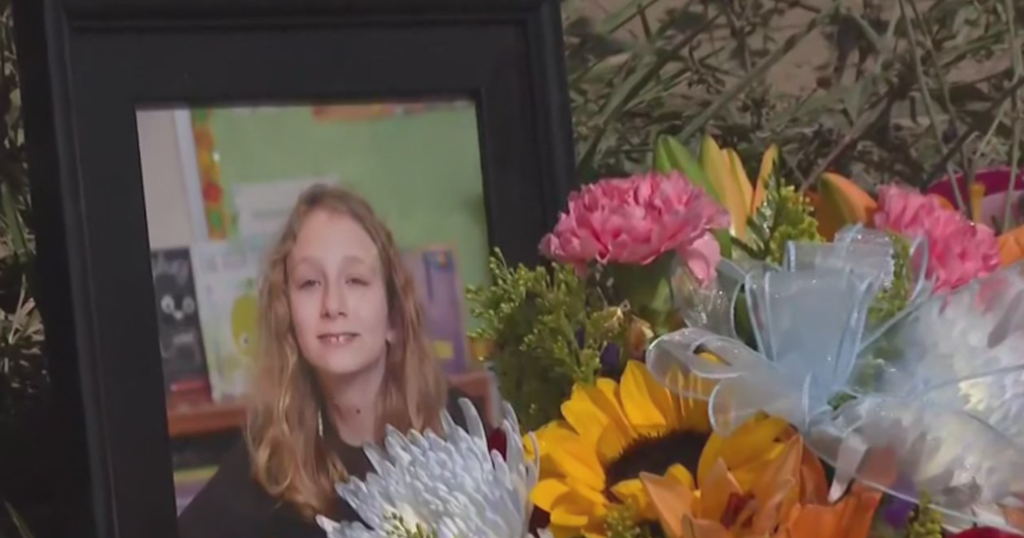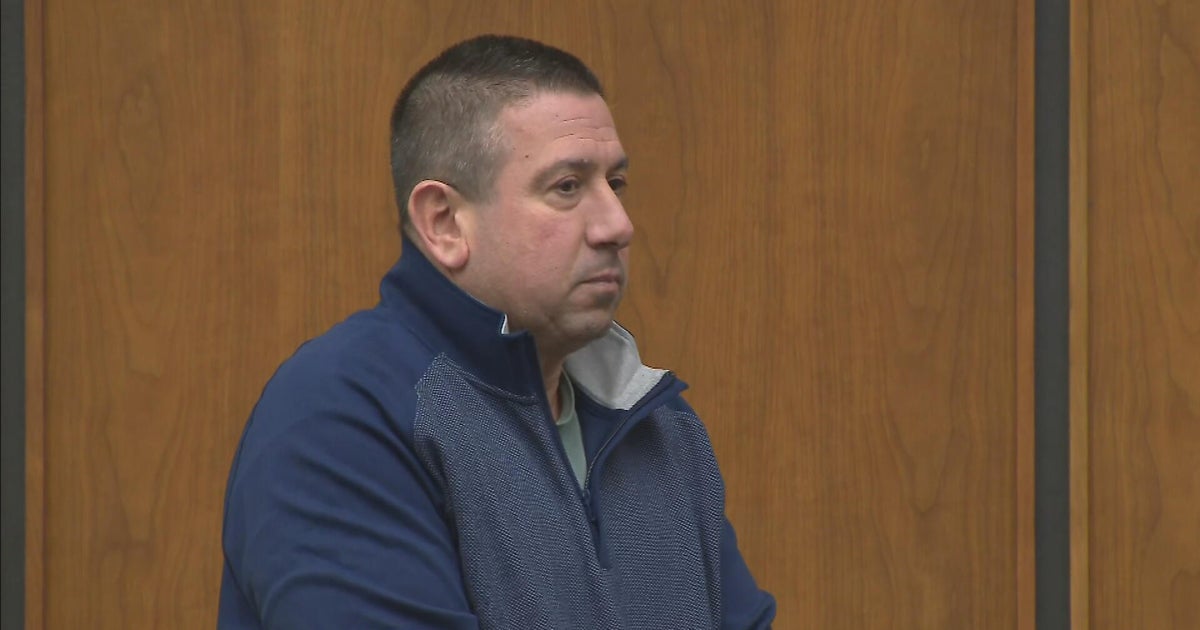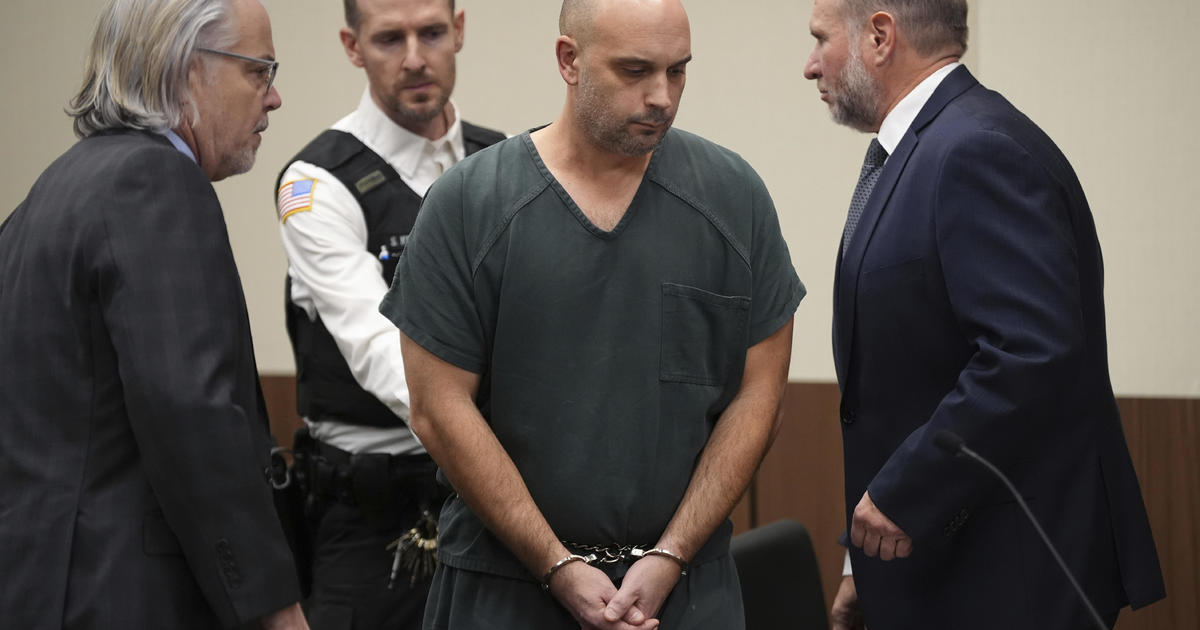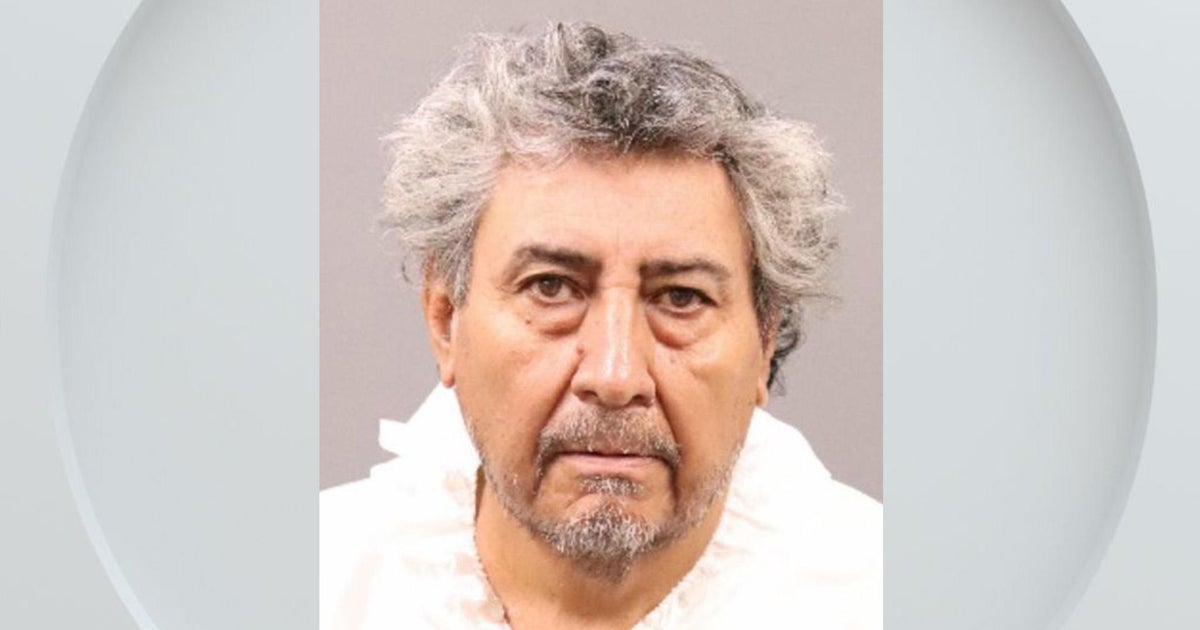Bird-Flipping Defendant Brings Drug Issue To Forefront
MIAMI (CBS4) - As of Midday Monday, a YouTube posting of a giggling and profane teenager in Miami-Dade bond court had more than 12 million hits. Penelope Soto, a Sunset High School senior was sentenced to 30 days in jail for contempt of court after laughing, and later cursing at the bond court judge.
Judge Jorge Rodriguez-Chomat vacated the contempt sentence after the teenager apologized, and it was revealed by her attorney and a court-related drug counselor that Soto was high on Xanax and alcohol during her court appearance.
She has been ordered to a drug treatment program and will have to report regularly to Miami-Dade's drug court, overseen by Judge Jeri Cohen.
On Friday, as Soto was dealing with her contempt sentence, Judge Cohen spent some six consecutive hours on her bench, handling 70 cases, among them a young woman addicted to crack, a young man at risk of drinking his life away on alcohol, a young mother of two who left her children at home to go out and buy cocaine.
"I think I'll go out and use cocaine with an eight-year-old and eleven-year-old at home?" the judge said to the young mother.
The other young woman, the crack abuser, promised she would not do it again.
"You're an addict. Of course you'll do it again!" the judge exclaimed.
In drug court, denial is not an option.
The young man with the drinking problem told the judge he is active in an alcohol treatment program. He was ordered to submit a urine sample three times a week to confirm that he remains "clean."
Judge Cohen, in an interview with CBS4 News, described Friday's bustling calendar as typical. The conversation turned to Penelope Soto, the high schooler strung out on the sedative Xanax and booze, whose bond court appearance went viral on the World Wide Web. The case even prompted a letter to the editor in Monday's Miami Herald - from a couple in Massachusetts.
Because Soto will appear before Cohen in drug court, the judge could not discuss the specifics of her case, but did weigh in on the reaction her bond court appearance and subsequent media coverage has generated.
"I think that it's a sad commentary that we are so reactive," Cohen said.
But in the highly publicized case of the young Ms. Soto, the drug court judge said there may be something of a silver lining in the form of increased awareness of drug problems that destroy individuals, ruin families and cost society at countless levels.
"It is a devastating problem," Cohen said, likening her drug courtroom to the judicial equivalent of "an emergency room."
Just as the recent elementary school massacre in Connecticut focused attention on gun violence, Judge Cohen said the Soto saga might help to bring added attention to the drug issue.
"It's just like Sandy Hook. When something happens, we are a very reactive society, and if we would be more proactive at an earlier stage, we could avoid a lot of this," Cohen said.
The judge said success stories in the drug court program are many, but there could be even more if greater resources were brought to bear: More and better treatment programs and faster access to them, particularly for those unable to afford private treatment facilities.
Cohen said we could pay much less in the future, if we invested more now.
"What is the cost to society, to the community, to the families, if we don't pay for it at this level," the judge said.
Cohen said about 65% of drug court participants complete the program successfully, and about 12% relapse.







